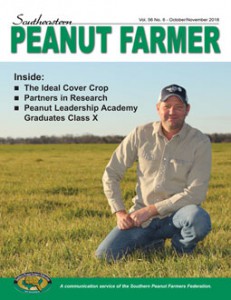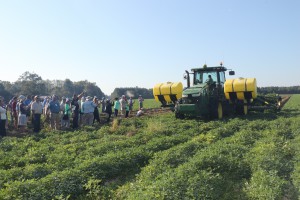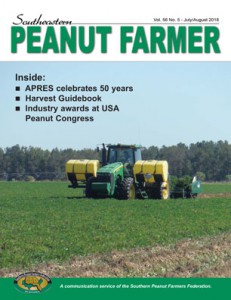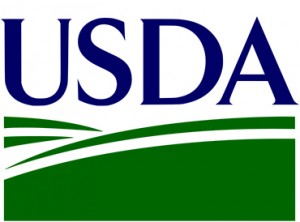 Farm Service Agency (FSA) Administrator Richard Fordyce reminded producers recently that the deadline to sign up for enrollment in the Conservation Reserve Program (CRP) is Friday, Aug. 17, 2018.
Farm Service Agency (FSA) Administrator Richard Fordyce reminded producers recently that the deadline to sign up for enrollment in the Conservation Reserve Program (CRP) is Friday, Aug. 17, 2018.
“Any agricultural producer that has eligible land should review the benefits of this program,” said Fordyce. “It removes from production marginal, erodible land and, in doing so, improves water quality, increases wildlife habitat and provides more opportunities for recreational activities, including fishing, hunting and wildlife viewing.”
For this year’s signup, limited priority practices are available for continuous enrollment. They include grassed waterways, filter strips, riparian buffers, wetland restoration and others. View a full list of practices.
FSA will use updated soil rental rates to make annual rental payments, reflecting current values. It will not offer incentive payments as part of the new signup.
USDA will not open a general signup this year, however, a one-year extension will be offered to existing CRP participants with expiring CRP contracts of 14 years or less.
CRP Grasslands
Additionally, FSA established new ranking criteria for CRP grasslands. To guarantee all CRP grasslands offers are treated equally, applicants who previously applied (prior to the current sign-up period) will be asked to reapply using the new ranking criteria.
About CRP
In return for enrolling land in CRP, USDA, through FSA on behalf of the Commodity Credit Corporation (CCC), provides participants that remove sensitive lands from production and plant certain grasses, shrubs and trees that improve water quality, prevent soil erosion and increase wildlife habitat with annual rental payments and cost-share assistance. Landowners enter into contracts that last between 10 and 15 years.
Signed into law by President Reagan in 1985, CRP is one of the largest private-lands conservation programs in the United States. Thanks to voluntary participation by farmers, ranchers and private landowners, CRP has improved water quality, reduced soil erosion and increased habitat for endangered and threatened species.
The new changes to CRP do not impact the Conservation Reserve Enhancement Program, a related program offered by CCC and state partners.
Producers wanting to apply for the CRP continuous signup or CRP grasslands should contact their USDA service center. To locate your local FSA office, visit https://www.farmers.gov. More information on CRP can be found at www.fsa.usda.gov/crp.
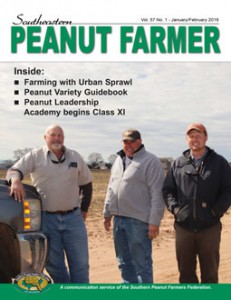 The January/February 2019 issue of the Southeastern Peanut Farmer is now available online.
The January/February 2019 issue of the Southeastern Peanut Farmer is now available online.
